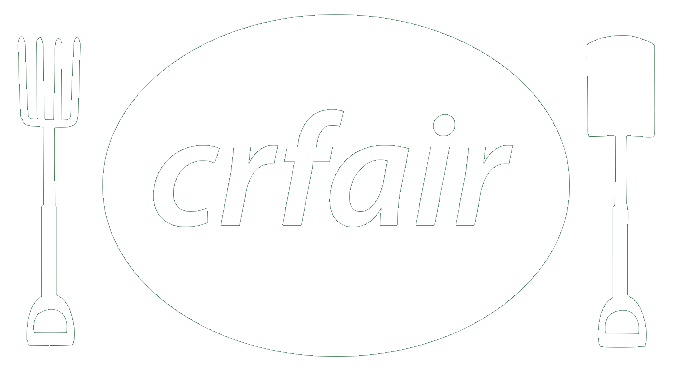CRFAIR was initiated in the early 1990s as an informal network of organizations involved in promoting food security in the capital region. A roundtable structure was formed that brought together diverse organizations which were involved in the food system in different ways. The first ten years of our work focused on learning and networking, and undertaking public education to make food systems and food security issues a public priority. As the roundtable grew, CRFAIR established the Food Access Working Group, the Food Policy Working Group, the Farmlands Working Group, and the Food Literacy Working Group. Each of these working groups was made up of key stakeholders and experts who identified priorities and undertook research, education and action based projects to address key issues.
CRFAIR’s roundtable members and key advisors come together annually to review the efforts of the working groups, identify emerging issues and priorities and realign the work of the organization. For the first decade of our work the Community Social Planning Council supported coordination and management of CRFAIR’s efforts. This facilitated the work of CRFAIR to grow to over 30 organizations strong; to become core funded by Island Health to act as the Capital Region Food Security Hub; and to contract with local government to undertake engagement activities, research and policy development related to local food systems. Partnerships were solidified with the University of Victoria and the Vancouver Island Research Alliance to bring additional capacity to our work.
After 15 years of growth, CRFAIR decided it was time to re-evaluate our structure and core functions to ensure that we are able to meet our mission to bring about positive change in the food and agriculture system in the most effective and sustainable way possible. In consultation with our network members and advisors, we established CRFAIR as an independent organization and legal entity in 2013.We feel a deep responsibility to our communities and to future generations to rebuild our relationship to our foods, to the earth and to each other.


